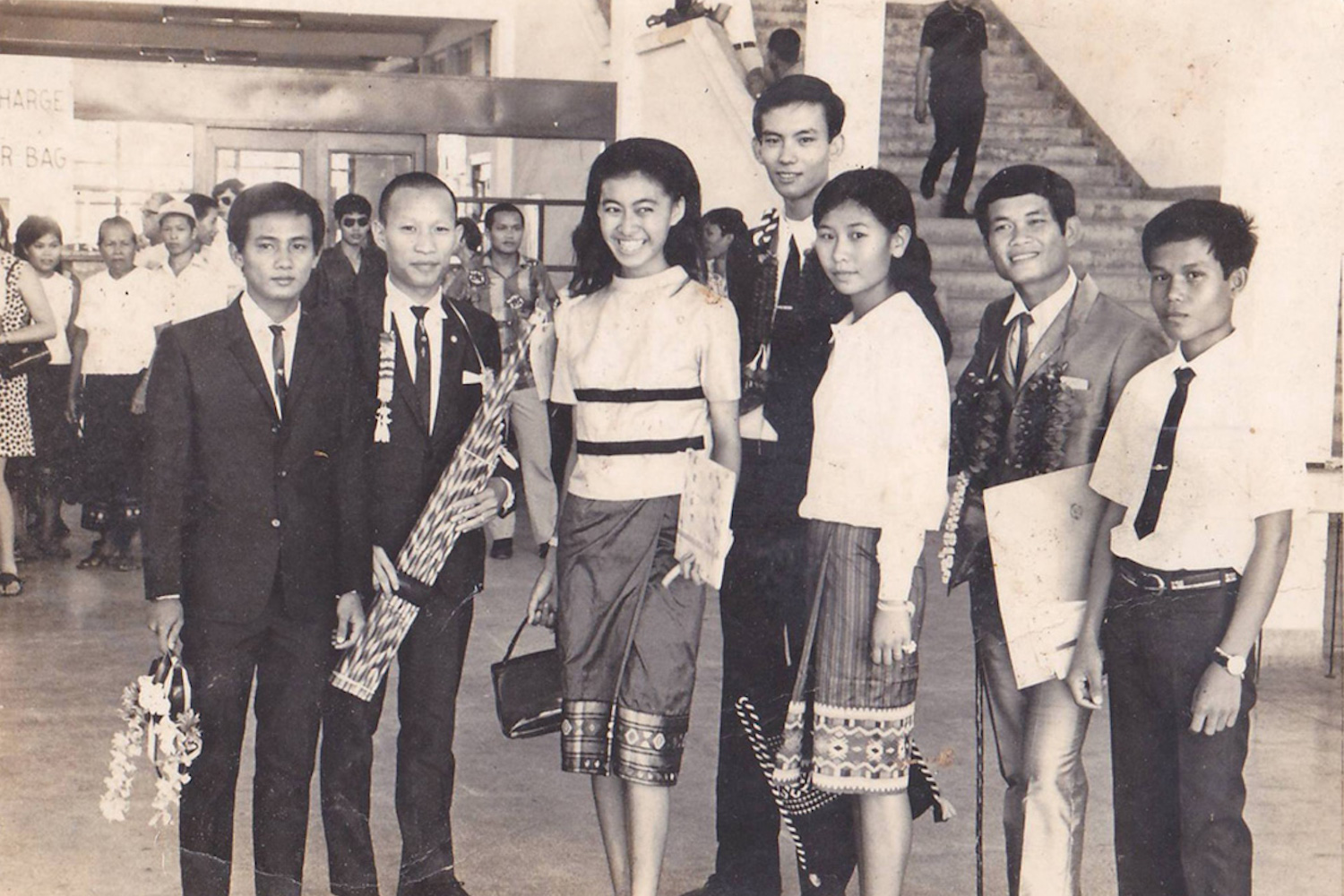Bangkok Post: 02 August 2016

The Asean Civil Society Conference/Asean Peoples’ Forum (ACSC/APF) which is to take place today in Dili, Timor-Leste appears to be clouded by uncertainty and fears.
Concerns have emerged as there have been no indications that the three-day meeting, as stated during preparatory events in March and May, can provide a safe space for Laos’ progressive and independent civil society organisations (CSOs) — a space where they can offer critiques, raise concerns and voice dissenting opinions on various issues, including human rights violations, forced disappearances and the negative impact of infrastructure development projects on ordinary peoples’ lives.
By safe, I mean that even in the presence of government-sponsored NGO representatives, the voices of members of independent CSOs shall be heard. That they shall be allowed to organise and conduct their own panels and don’t feel threatened or intimidated. Continue reading “Upcoming Asean forum must listen to Lao civil society”





 On the occasion of the eleventh Asia-Europe People’s Forum in Ulan Bator, Mongolia, we are reminded of the ninth AEPF held in Vientiane, the capital of the Lao PDR, in 2012.
On the occasion of the eleventh Asia-Europe People’s Forum in Ulan Bator, Mongolia, we are reminded of the ninth AEPF held in Vientiane, the capital of the Lao PDR, in 2012.
 The
The


 “Laos’ CSOs have lost face because of Sombath Somphone. We have lost the financial sources from donors because of him,” said Mr. Cher Her, vice chair of Laos’ ASCS/APF NOC.
“Laos’ CSOs have lost face because of Sombath Somphone. We have lost the financial sources from donors because of him,” said Mr. Cher Her, vice chair of Laos’ ASCS/APF NOC.

